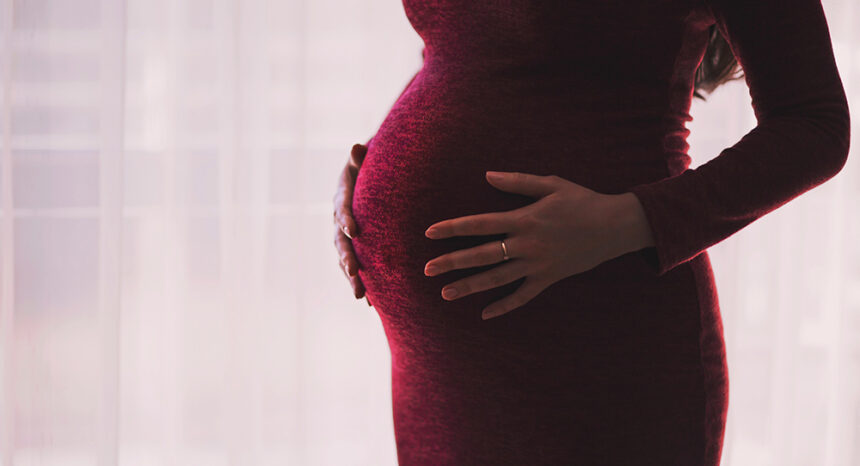Living in a crime-prone neighborhood can be stressful. Researchers in Scotland have found a link with premature births and low birthweights.
The issue: A woman’s health has a well-documented impact on her unborn child. Stress in an expectant mother is associated with low birth weight and premature birth – two outcomes that can lead to lifelong challenges for children. Researchers have also shown that being surrounded by crime can be stressful. So, what does living in a high-crime neighborhood during pregnancy mean for the fetus?
An academic study worth reading: “Living in Stressful Neighborhoods During Pregnancy: An Observational Study of Crime Rates and Birth Outcomes,” in The European Journal of Public Health, 2016.
Study summary: Researchers at the University of Edinburgh, in Scotland, hypothesize that high levels of crime in the mother’s neighborhood during pregnancy will negatively impact the child’s birthweight.
Tom Clemens and Chris Dibben use the nationally representative Scottish Longitudinal Study, which includes census data and health profiles, for the births of single children (as opposed to twins) between 1994 and 2008. They select data on births that include the mother’s postal code. They also use crime data (including violence, theft, vandalism and drug-related crimes) collected by local police matched to 6,505 postal codes.
They are interested in the impact of crime because, unlike a tragedy such as a typhoon or a terrorist attack, being exposed to crime is usually chronic, affecting the entire pregnancy.
Because there are so many factors that could influence a baby’s size at birth – including low family income, which is sometimes associated with living in higher-crime neighborhoods – the authors adjust for socio-economic factors, including income, education, whether the mother was single and whether she lived, while pregnant, in a region with elevated pollution levels.
Findings:
- Babies born in the areas of Scotland with the highest crime rates are, on average, 90 grams (about 3.2 ounces) smaller than babies born in areas with the lowest crime. Babies born in these areas are 119 percent more likely than their counterparts in the areas with lowest crime to have a low birthweight.
- After adjusting for confounding factors – such as pollution and ethnicity – the authors found an absolute reduction in average birthweight of 62 grams.
- Crime is associated with “large and significant reductions” in birthweight and increased risks of premature birth. This was found after controlling for individual characteristics such as smoking, ethnicity and pollution.
- Low birthweight and slower fetal development are highly associated with crime. Premature birth is not.
- Environments with high crime “elicit heightened fear” on a chronic basis. This “should be seen as a public health concern alongside the more obvious direct experience of drug use or physical assault.”
Helpful resources:
- The U.S. Census Bureau publishes extensive demographic data.
- The Bureau of Justice Statistics provides “information on crime, criminal offenders, victims of crime, and the operation of justice systems at all levels of [the U.S.] government.”
- Data on crime in England and Wales is available from the United Kingdom’s Office of National Statistics.
Other research:
- The negative impact of stress from living in a high-crime area is the focus of this 2015 paper in Social Science and Medicine.
- A 2008 paper in the Annals of Epidemiology looks at crime rates to explain low birthweights among minority children in North Carolina.
- This 2001 paper and this 2009 paper look at how fear of crime is associated with poorer health.
- A 2012 paper in Social Science and Medicine examines low birthweights among babies in an ethnic group targeted during Kenya’s bout of political bloodletting in 2007.
- The County of Los Angeles sponsored research in 2010 that looked at higher rates of pregnancy complications in areas with more crime.
Keywords: pregnancy, maternity, stress, environment, criminal justice, fear


Expert Commentary